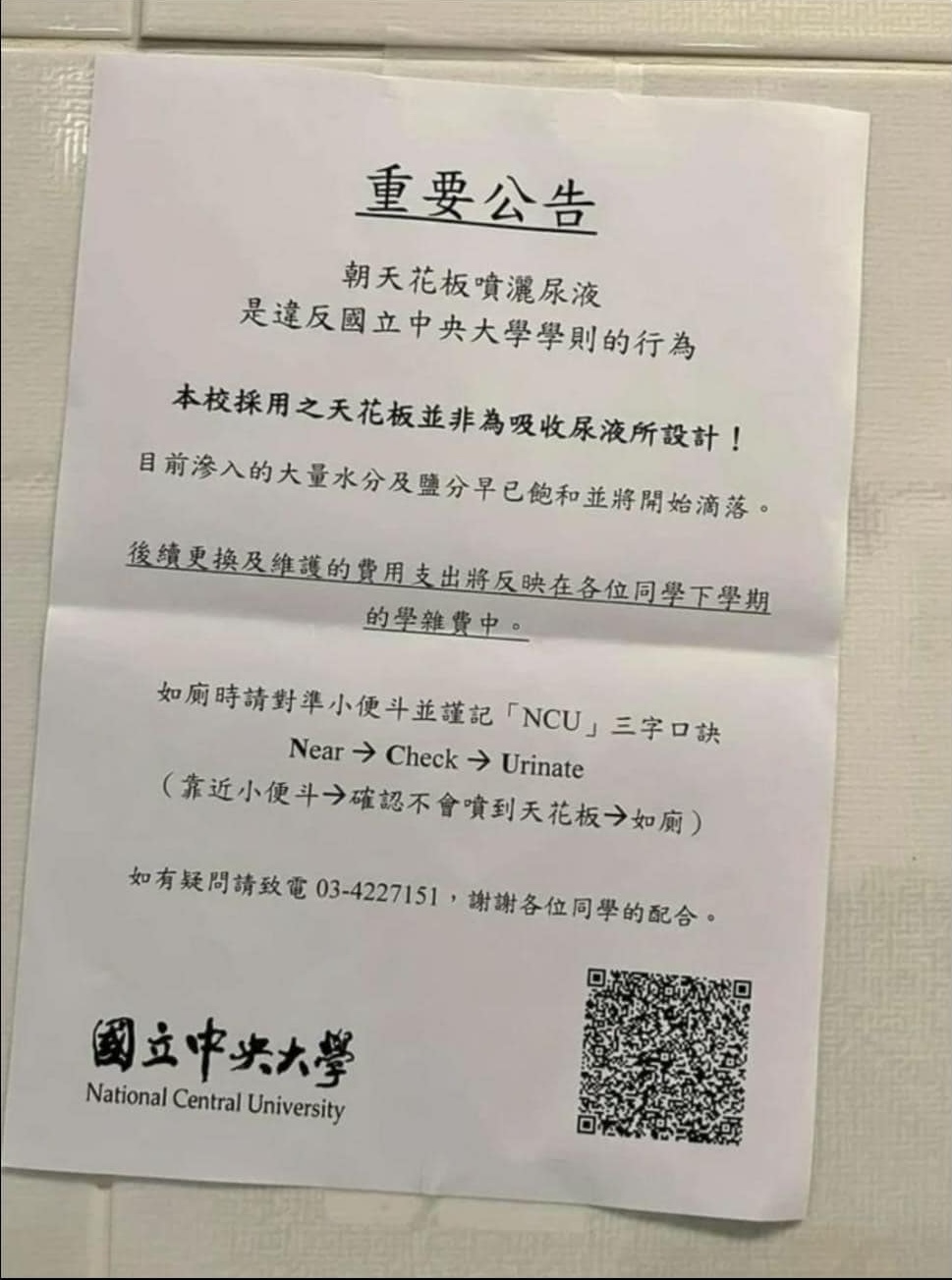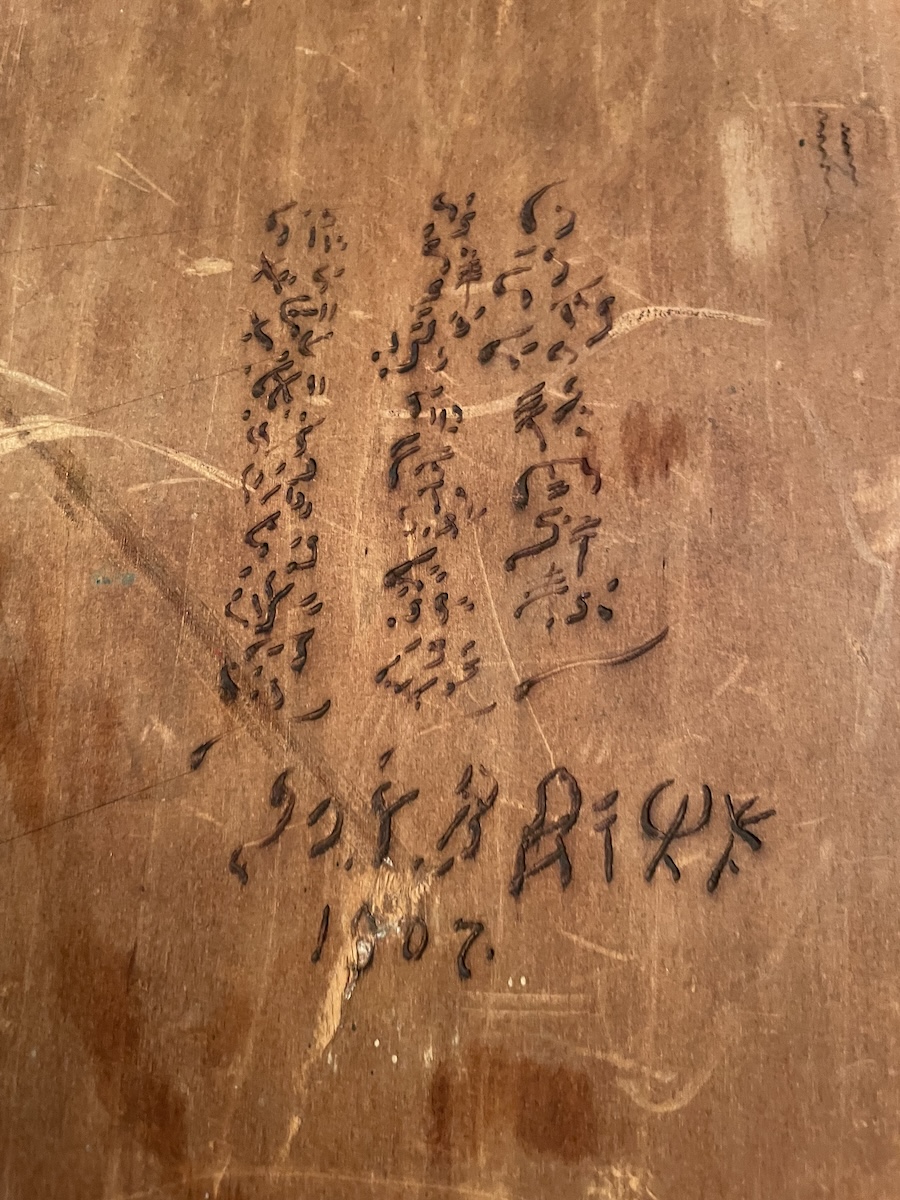Unnatural audibles
I'm so far behind the times with gadgets and trinkets and services that I have never listened to a single audiobook, and I had never even heard of Audible until yesterday when Gene Hill told me that his wife, Marri, listens to tons of Audibles because she writes reviews, and as a result they give her lots of free stories to read. Of late, the publishers of Audibles are using narration by AI.
No way to overemphasize the importance of the quality of narration in an Audible. Marri most often prefers to have the author do the narration. Only the author knows how to express the precise emotional quality to a line. Or deliver the right touch of sarcasm.
Read the rest of this entry »


